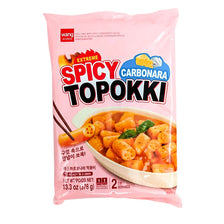Bakwa: A Beloved Traditional Snack with Cultural Significance

Introduction to Bakwa
Bakwa, often referred to as pork jerky, is a cherished delicacy in various Asian cultures, particularly in Chinese and Southeast Asian cuisine. This sweet and savoury snack is made from marinated meat, typically pork, which is then dried and grilled. Its increasing popularity is not only due to its delightful taste, but also its role in cultural traditions, especially during festive seasons.
The Cultural Importance of Bakwa
Traditionally, bakwa is enjoyed during celebrations such as Chinese New Year, where it is commonly gifted and served as a symbol of prosperity and auspiciousness. In Singapore, the consumption of bakwa has become a staple during the festive period with consumers flocking to well-known outlets to purchase this delicacy. Major brands often face high demand and long queues as families prepare for celebrations.
Health and Production Innovations
In recent years, there has been a growing awareness of health and wellness, prompting some producers to offer lower-fat and even vegetarian versions of bakwa. Made from alternative proteins like mushrooms or tofu, these innovations cater to the rising demand for healthier options while keeping traditional flavours intact. Furthermore, sustainable practices in the production of bakwa are evolving, with some companies opting for ethically sourced ingredients.
Conclusion: The Future of Bakwa
Bakwa continues to hold a significant place in the hearts and stomachs of many, transcending cultural boundaries and evolving with modern trends. As tastes and dietary preferences shift, the bakwa industry is expected to adapt, bringing forth innovative flavours and healthier options while preserving the essence of this beloved snack. For both long-time fans and newcomers, the journey of bakwa embodies the rich tapestry of cultural heritage and culinary evolution, promising that this snack will remain a quintessential part of celebrations for years to come.
You may also like

Exploring the World of Tteokbokki: Korea’s Beloved Street Food

Discover the House of Guinness: A Historic Brewing Legacy
